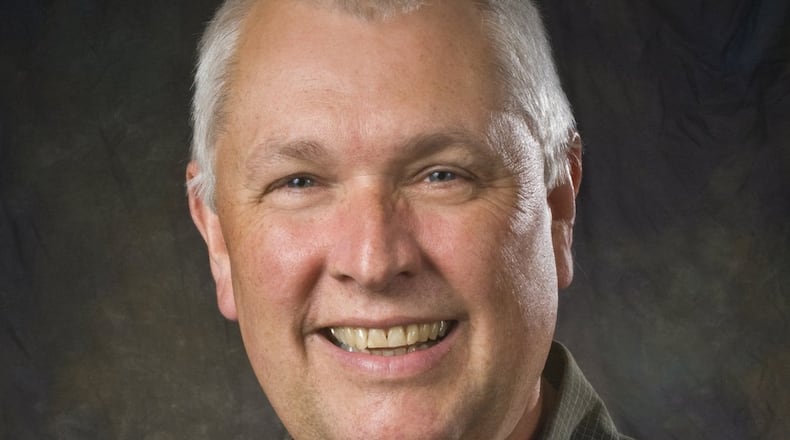“By normalizing this as a disease process, which is an important first concept … we can get doctors to see this the way they see any other disease,” said Dr. F. Stuart Leeds, assistant professor at Boonshoft.
RELATED: New wellness studio to open downtown
The $80,000 grant from U.S. Department of Health and Human Services will last from July 1 and will end June 30. The grant is to train physicians in the community, medical residents, nurse practitioners and physician assistants in opioid addiction treatment.
With unintentional drug overdoses as the leading cause of accidental death in Ohio, the grant could help equip local health care providers to respond to the crisis. Particularly, patients in rural parts of the region can have long waits or have to travel long distances to get medication to treat addiction because of the lack of providers with the training.
One of the goals for the grant is also to incorporate learning about medication assisted treatment for addiction into the curriculum with third year residents.
RELATED: Amazon gets tax credits for 1,000 jobs in Monroe
The grant could help health care professionals around Montgomery and Greene counties but also the rural counties affiliated with the Wright State University-Lake Campus in Celina. The grant recipients are working with the Wright Rural Health Initiative to recruit people to interested in getting the training through the grant.
“Out in the rural areas, there’s almost nobody who is doing it,” said Dr. S. Bruce Binder, interim chair of the Department of Family Medicine at Boonshoft.
He said learning to give medication assisted treatment includes about eight hours of online training for physicians and 24 hours for nurse practicioners and physician assistants, and the grant will also cover about another eight hours of working with a provider already doing medication assisted treatment.
Binder, who is the principal investigator on the grant, said time and money can be barriers to doctors getting the training, and the grant will help with the cost issue even if it still requires a time commitment.
RELATED: CareSource expands amid uncertain times for Obamacare
“The thought of ‘I need to add more training’ is just untenable for some folks,” he said.
However, one of the things that makes the grant unique is that it lets doctors get hands on training while waiting for approval to administer the medication for treatment during which they can develop a comfort level with the process by learning from someone with experience.
Leeds said that some physicians might have concerns about if seeing patients with addictions for treatment will be a high maintenance thing to do, with concerns about some patients being demanding or deceptive.
“If you’re not equipped to cope with the whole social and psychological baggage, it can be overwhelming but it’s also a skill set that can be taught,” Leeds said.
RELATED: CareSource, Cleveland Clinic extend contract through November
LOCAL: New Kettering office to offer substance abuse services
What kind of medications can treat opioid addiction?
- The most common are methadone and buprenorphine, which trick the brain into thinking it is still getting the problem opioid. The person taking the medication feels normal, not high, and withdrawal does not occur. They also reduce cravings.
- Another drug, naltrexone helps overcome addiction in a different way. It blocks the effect of opioid drugs. This takes away the feeling of getting high if the problem drug is used again.
Source: Wright State University Boonshoft School of Medicine
About the Author
